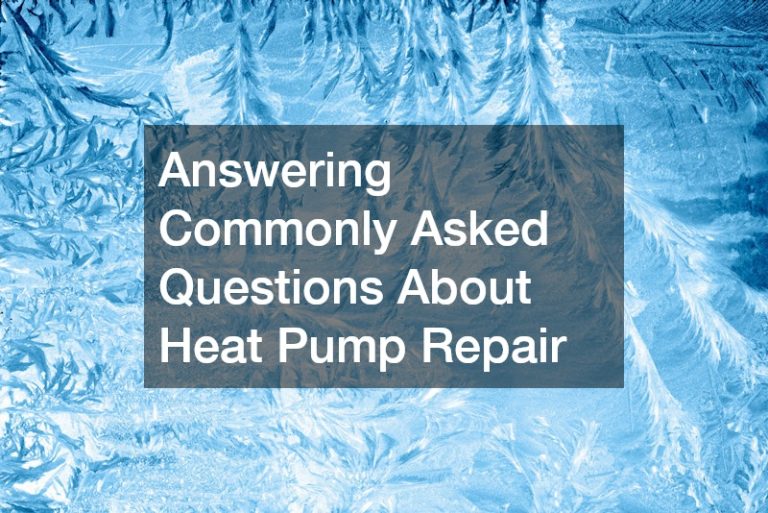

Updated 5/16/22.
Fire emergencies are among the most common types of disasters that can happen to a home or business. It is important to know at what temperature a fire starts and the steps that need to be taken to prevent a fire from causing damage.
A fire damage restorer will have the knowledge and experience to help you through this difficult time. Most people tend to ask, can smoke from a fire kill you? The answer depends on the severity of the fire and how much exposure you have had to the smoke. It is important to know that inhaling too much smoke can be deadly.
Cover your nose and mouth with a cloth or shirt to prevent breathing if you must go outside. A fire damage report will help you understand the severity of the damage and what needs to be done to repair it.
The report will also give you an estimate of the cost of repairs. You can always request Red Cross help after a fire. They will provide you with a list of resources that can help you get your life back to normal. It is also important to have a plan in place in case of a fire.

Fire damage entails the harm caused by fire to your property. You could attribute this to the flames and smoke from the fire. Other corrosive elements produced during a fire could also cause significant damage. Having a reliable fire damage company at your disposal will help in the smoke clean up process.
Immediately after a house fire, it would be fitting to engage professionals to help you clean the mess. These experts have the skills and experience to handle various fire-damaged items whose residue could significantly affect your health. In addition, you will rely on them in boarding up house after fire. Boarding is essential for protecting other parts of your home.
Can smoke damage be removed? Yes. However, this will only happen if you engage professionals as soon as possible. Otherwise, the smoke smell will linger in the house for a very long time. Not many people understand after a fire how to remove the smoke smell. That means you must hire reputable professionals, preferably from your local community.
As you look forward to getting your house back to its former self, it would help if you acted significantly faster. This way, it becomes much easier to avoid various issues in the long run.
Fire Protection TipsFire and flood damage can be detrimental to your home and family, costing thousands of dollars and months away from your home and daily routine. Thankfully, there are measures you can take to make sure any fire and flood damage to your home is as minimal as possible.
In 2013, one house fire was reported every 85 seconds, resulting in $9.5 billion in fire damages. Here are some tips for preventing severe house fire damage and protecting your family.
- According to the Red Cross, 60% of house fire deaths occur because the home had no working smoke alarms. Residential homes should have at least one alarm on each level. For extra precaution, install smoke alarms in every bedroom and test them once a month to make sure the batteries are working properly. Have a fire escape plan and practice it to make sure everyone, including kids, know what they should do if a fire starts. Cooking is the leading cause of residential fires. If you have something on the stove or in the oven, don’t leave it unattended. If you need to leave the kitchen, set an alarm on your phone or watch for the time you need to come back. Make sure flammable items like curtains, oven mitts, or towels are a safe distance away from the stovetop. If a fire starts, get out of the house as quickly as possible and close the door behind you to contain it.

Flood Protection Tips
Flood water damage can cost thousands of dollars in repairs, especially if you don’t have separate flood insurance. If you live in an area that’s at risk for flooding, here are a few measures you can take to help prevent further damage.
-
- Make sure sockets, breakers, wiring, and other electrical parts are raised at least one foot about the flooding level in your home. Outside, raise air conditioning units and generators off the ground to keep them from potential water damage.Keep gutters clear of leaves and dirt so they can operate at maximum capacity during the rainy season.</il To prevent indoor flooding, pay close attention to showers, sinks, toilets, and water heaters. Older houses (more than 20 years) are 37% more likely to have
- involving a shower or water heater, so if you have a leak, have it fixed as quickly as possible. To prevent sewer backups and yard flooding, have one or more septic line check valves installed.
Not all fire and flood damage is preventable, but when it comes to your home and your family you want to do as much as possible to prevent extreme damage. It could mean the difference between being without your home for a month and being without your home forever.




